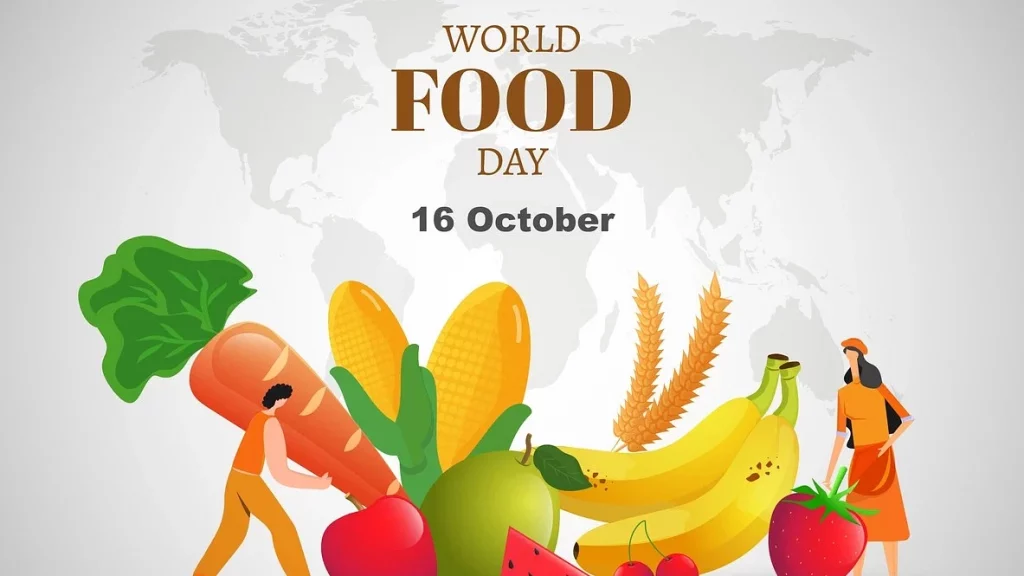Every October 16 is a date set aside to mark the World Food Day, it also commemorates the date of the founding of the United Nations Food and Agriculture Organisation (FAO) in 1945, to combat food insecurity.
All member countries of FAO, including Nigeria, annually participate in the event, which focuses primarily on the state of food security, issues behind poverty and hunger, as well as the efforts of different sectors to meet the challenges. The theme of this year’s edition is “Water is Life, Water is Food, Leave No One Behind”. The Lagos State Commissioner of Agriculture, Abisola Olusanya, while addressing newsmen on the line up of activities to mark the day in the state, said that “95% of our food is produced on land and all begins with soil and water”.
She added that this year’s theme, which aims to highlight the critical role of water for life on earth and water as the foundation of our food, seeks to raise awareness about the importance of managing water wisely as rapid population growth, economic development, urbanisation, and climatic change threaten water availability. Olusanya noted that this year’s edition comes up amid serious food security issues occasioned by the effect of unstable exchange rate, climate change, environmental degradation, loss of biodiversity, insurgency especially in the nation’s food production regions, and violent conflicts across the world.
“These challenges have severely impacted the global supply of food, which calls for intensified efforts towards building more sustainable food systems to scale food production and processing, reduce food wastage, provide decent livelihood opportunities for rural, peri-urban, and urban farmers, as well as ensure food and nutrition security for Lagosians. According to her, agriculture alone accounts for 72% of global freshwater withdrawals, while 16% is used by municipalities for households and services, and 12% by industries.
“About 40% of fresh foods and vegetables, either grown or brought into Lagos annually, are wasted resulting in the waste of precious resources such as water that are used to produce it. As you are all aware, Lagos State has the smallest land mass, compared to other states of the federation, with lagoons, rivers and other water bodies constituting about 22% of its territory. This peculiarity brings to fore the need for more coordinated strategies to further harness the water and marine potentials of the state and also maximise the very limited available agricultural land through efficient use of these water and land resources for a better water-food security system”, the commissioner stated, as she added further that identifying and assessing solutions that jointly support water, food security systems are, therefore, critical as climate extremes and other stressors increasingly threaten access to water for all.



